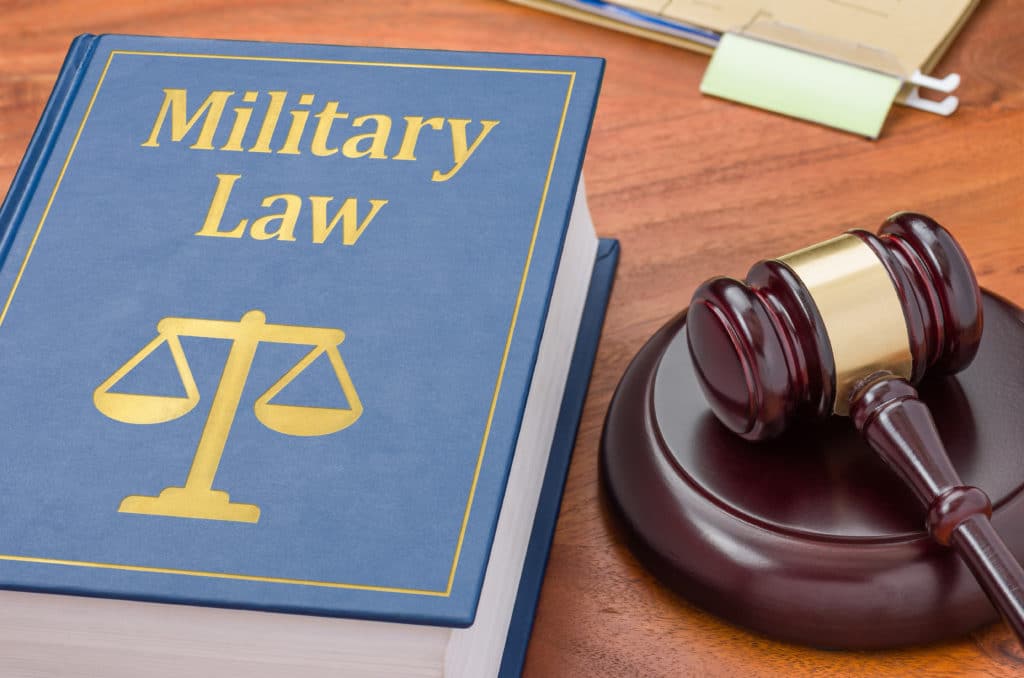When the Government wants to introduce a confession made by a servicemember at court-martial, it has to satisfy the requirements of Military Rule of Evidence 304. The confession must be voluntary and every essential fact in the confession must be corroborated, or supported, by independent evidence. This rule exists to make sure that individuals are not convicted based upon confessions that are involuntary or otherwise false.
In July, the Court of Appeals for the Armed Forces decided a case, United States v. Jones, where the accused servicemember argued that portions of his confession were not corroborated by independent evidence. The accused, CW2 Jones, was found guilty of two charges of larceny of military property. CW2 Jones was a civilian high school teacher and Army reservist who was deployed to Afghanistan and placed as officer-in-charge of his unit’s woodshop. CW2 Jones confessed to CID that he had taken more than 800 tools from the woodshop and mailed them home from Afghanistan to his personal address, spending almost $600 of his own money to do so. He also confessed that his intent was to use the tools for Soldiers at his unit at home or for the students at the high school where he taught. At trial, the Government introduced CW2 Jones’ statement and did not provide other evidence related to where CW2 Jones obtained the tools or what his purpose in sending them home was. These portions of his confession were the only way the Government proved that the tools were military property and that he took them intending to permanently deprive the Government of their use, necessary elements of the offenses. On appeal, CW2 Jones argued that the portion of his statement describing where the tools came from and what he intended to use them for was not corroborated by independent evidence and, therefore, should not have been admitted at trial.
The Court noted that Rule 304(c) states that each essential fact in a confession must be corroborated by independent evidence, but that the evidence supporting that essential fact can be direct evidence or circumstantial evidence and needs to only be enough to “raise an inference of the truth of the essential fact admitted.” The Court then found that the fact that CW2 Jones worked at the unit workshop and therefore had access to the unit’s tools, that the tools he had mailed home were similar to the ones kept at his unit’s workshop, and that he would not have another obvious source of these tools while deployed to Afghanistan all provided the necessary inference of truth to his confession that he had taken the tools from the workshop. The Court also determined that CW2 Jones’ statement that he was sending the tools for use by his students at the high school was supported by the fact that he used his own money to ship the tools, that he shipped them to his house, and that he worked at a high school as a teacher. Having found that there was enough independent evidence to corroborate his confession, the Court upheld CW2 Jones’ conviction.
So, while Rule 304 requires the Government to provide evidence that corroborates each essential fact of a confession, the Court in this case emphasized that the standard for that evidence is very low.
If you or your loved one is facing a court-martial or want to appeal a court-martial, you need someone with experience who knows the Rules and the system. I have the experience you need. Please call Bill Cassara at 706-860-5769 for a free consultation.

